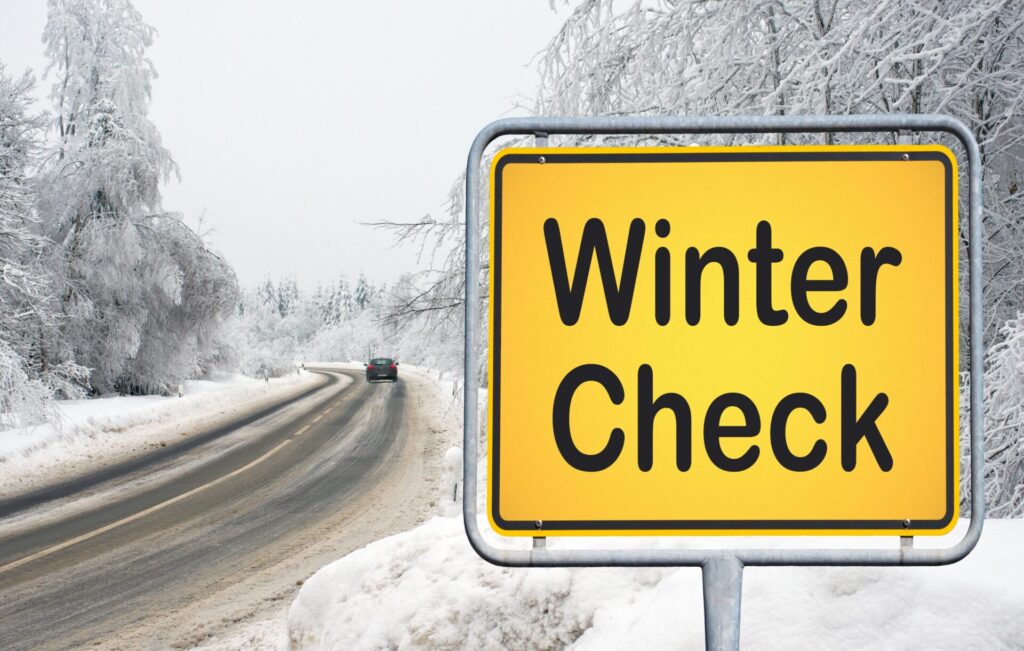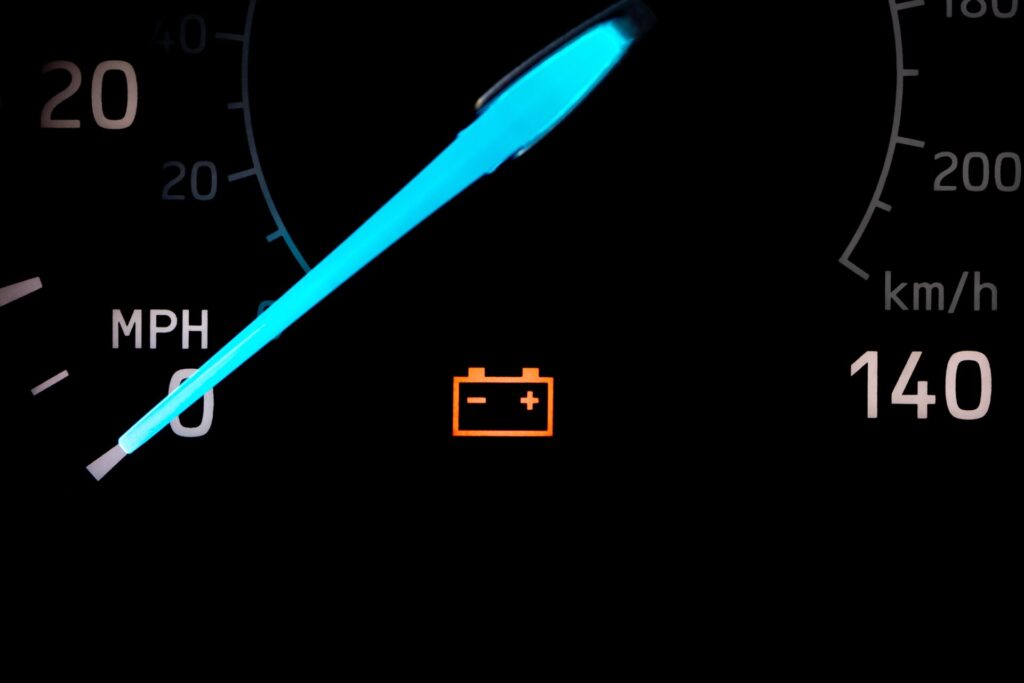
No doubt you, or someone you know, has experienced some form of battery trouble during the winter. As the temperature outside your home drops, the risk factors for decreased battery efficiency rise.
There are a number of influences that the cold weather can have on your battery. Some are more intuitive: the battery has to provide a certain level of energy to crank your engine, of course we know that more energy can be necessary for a cold engine, due to increased resistance inside your car’s primary components.
Some factors are less intuitive, like the impact of cold weather on the thickness of your engine oil, and the impact of that on your engine’s ability to work efficiently. Or even a reduced ability for your battery to recharge itself during the same length of drives in winter versus summer months.
Keeping your battery healthy may require a few extra considerations during seasons of extreme weather. This may mean parking your car in an enclosed space (such as a garage) if you have one. You may also want to drive your car for longer periods of time, which allows the battery to properly heat up and recharge, versus shorter trips where your battery exhausts its power without the ability to recoup. It’s even worth considering the quality of your battery, and whether your circumstance calls for something with higher cold cranking amps.

A dead battery is obviously the biggest sign that you’re having battery troubles, but there are other symptoms that might be tipping you off to an issue inside your trusty 12-volt:
- Your car’s electronics are consistently malfunctioning.
- Your engine takes extra time to start up.
- Exterior and interior lights appear dimmer.
- A warning light for your battery has come on.
- Your battery is physically swollen or damaged.

If you are experiencing any of these issues with your battery, then it’s probably time for you to seek out a professional who can help diagnose your battery.
Keep in mind that regular battery maintenance is a key way to lengthen the life of your 12-volt. Ensure that you’re physically inspecting your battery at least once a month to look out for any physical signs of damage, swelling, or corrosion. Then, be sure to get your battery tested if you are experiencing any of the above symptoms. In warmer months, a dead battery is a nuisance, but in the colder months, a dead battery can be dangerous.
E-XTEQ specializes in 12-volt chargers, dischargers, maintainers, and testers, and this extends to electric vehicles as well. Our lineup of equipment leaves nothing up to chance. Our tools allow auto-shops to provide thorough diagnostics about the state of your battery, allowing you to make the most informed decisions on what’s best for your specific situation.





